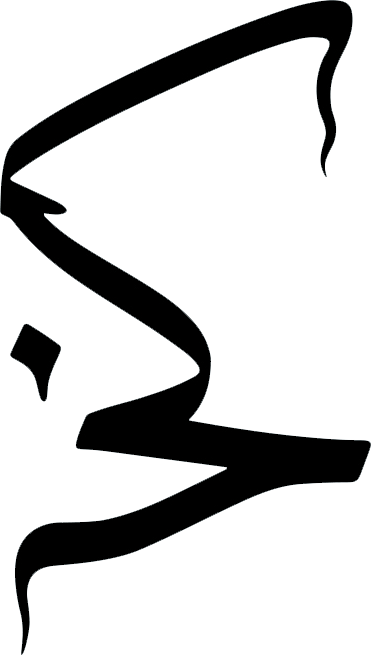January Stream
Part of SOUNDSCAPES.
One of us followed a coffee vendor as he weaved through the crowds at the Ring and listening to the clip you hear how the playful jingle of his cups merged beautifully with the chants and songs of revolutionaries. At first, the sound of the cups stands alone, then begins to coalesce with the protest chants and is eventually lost in the sound of a protester banging a pot to the same rhythm.
As we stood, surrounded by photographers, recording the ambient crackle of burning tires, we were aware of how the image of masked teen revolutionaries posing before flames conveyed action, disruption, perhaps even suggests hostility. But our recording of the same moment is a soft sizzle that mixes with light laughter and conversation and feels vaguely soothing for the listener. Not knowing any better, one might mistake burning tires for the sound of cooking.
In the first recording, you hear a mixture of talking and chanting with neither really dominating the soundscape. As the chant begins, you can tell it doesn't unify the voices in the crowd and then is cut short as the doctor's speech begins.
The doctor's voice coming through the megaphone becomes a sort of anchor for the crowd to cheer, respond to and reinforce. What begins to emerge is a wonderful push and pull between the crowd and the speaker, where the negotiation taking place in the soundscape allows all of the voices to unify and carry more weight.
Walking slowly through the Souk, there is a beautiful rise and fall to the action. It begins quietly and then the crowds and vendors start to swirl around you as you hear prices called out, music from radios, motor bikes moving through the narrow alleys of the market. Then, gradually, the noise dissipates and leaves the listener outside the Souk with only the hum of cars and the low murmur of distant voices. It's conspicuous that this is the only recording, thus far, from outside of Beirut and it speaks to the need for this project to be collective. To truly document the sounds that make up our interactions, our spaces, our struggles, we need people.
Sitting on the Gholam Stairs listening to the purring of a friendly cat, it felt special to be able to record a sound so intimate and yet so public.
I think, in some ways, this recording and the following one on Clemenceau Street are two of the most poignant ones we've done so far, because noises like construction and traffic make up such a massive amount of the soundscape in Beirut. While they aren't necessarily pleasant to hear (althought I do think they have a certain musicality all their own), these sounds speak so much to the present condition of space in the city: the non-stop real estate development, the inaccessibility of space, the lack of public transport, and the daily commutes into, out of and all around the city that takes up so much time for every working person.

